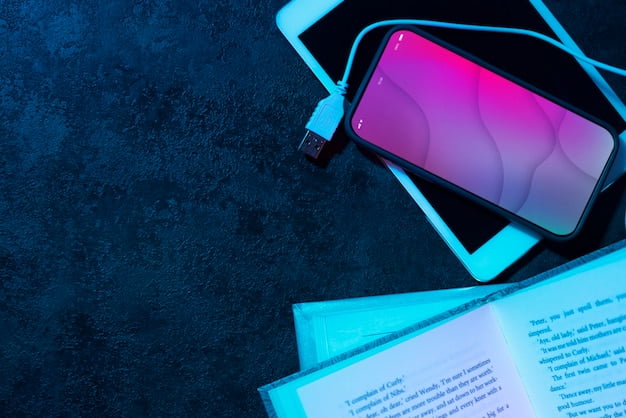Amazon’s Alexa is now able to answer employees’ healthcare questions — a move that has the potential to lower the cost of care by improving employee education and compliance, experts say.
And that may only be the beginning. Top company executives and benefits experts say Alexa’s evolving capabilities could lead to more tailored benefit guidance for employees and even greater efficiencies for HSA and FSA accounts down the road.
Scot Marcotte, chief technology officer at HR and benefits consulting firm Buck, says a virtual assistant tool like Alexa could improve healthcare engagement and education, which leads to reduced costs in the long term.
“Ideally, a more direct model to both educate healthcare consumers and help them more efficiently procure necessary healthcare items would have a positive impact on healthcare costs for the consumer and the employer,” he says. “While some initial costs may increase to establish these services, better informed healthcare utilization should be a win-win for employers and individuals.”
Jennifer Riley, vice president of product development at benefits technology company Hodges-Mace, echoes similar sentiments. “Giving employees better access to tools for managing their health, navigating their benefits or finding providers can only help to bring down health care costs for employers,” she says.

Amazon added six new HIPAA-compliant health skills to the virtual assistant last week. Employees are now able to use the device to check the status of home delivery prescriptions, schedule doctor appointments, provide updates to care teams, locate urgent care centers and inquire about blood sugar levels. Amazon is offering these skills in partnership with healthcare companies — Express Scripts, Cigna, Livongo, Boston Children’s Hospital, Providence St. Joseph Health and Atrium Health — but plans to offer this capability to additional developers moving forward.
“These new skills are designed to help customers manage a variety of healthcare needs at home simply using voice — whether it’s booking a medical appointment, accessing hospital post-discharge instructions, checking on the status of a prescription delivery, and more,” Rachel Jiang, head of Alexa Health & Wellness at Amazon, wrote in a company blog post.
Marcotte says he could see opportunity for Amazon to expand its new offering even further. For example, the company could integrate an employee’s health savings account information and allow them to use the device to purchase eligible items. Amazon announced in March that it would begin accepting HSA and FSA as payments for consumers to purchase medical supplies.
“The complexity of making that process happen — between personal security, system interactions, data sharing and Amazon procurement — is significant but points to the potential for this type of model,” he adds.
Amazon has been making headlines for its moves in the healthcare space. The company last year formed Haven, an independent healthcare company with Berkshire Hathaway and JPMorgan Chase, that seeks to simplify health and benefits for employees.
But the tech giant is far from the only company experimenting with voice-assistant technology. For example, HandsFree Health recently released WellBe, a virtual assistant that can be programmed to answer questions about the owner’s individual healthcare and benefits. Benefits administration company Businessolver also offers a virtual assistant called Sofia that helps workers enroll in and manage their benefits.
Janice Washeleski, chief commercial sales and marketing officer at HandsFree Health, says Wellbe encourages employees to use primary and preventive care, by reminding them about appointments and medication, thereby reducing employer costs for healthcare in the long term.
“Companies are always looking to control their costs, and medical compliance is a big part of that,” Washeleski says.
While voice assistant technology like Alexa is gaining traction, utilization is still low, The Wall Street Journal reported. For instance, Northwell Health, a hospital system in New York, began offering a service on Alexa that doesn’t require HIPAA compliance roughly two years ago. So far the technology has not been used widely, Emily Kagan, Northwell’s vice president of digital and innovation strategy told the publication.
Josh Luke, a former hospital CEO and healthcare affordability expert, says that while Amazon is not the first to add healthcare capabilities to a virtual assistant, it will likely generate the most buzz, giving it a competitive advantage. Luke says adding virtual assistants to the conversation is a “natural evolution” in health and it will hopefully teach consumers to pay more attention to their care.
“Americans need to become engaged healthcare consumers and that’s going to drive prices down and make it more affordable,” he says.
[“source=benefitnews”]


